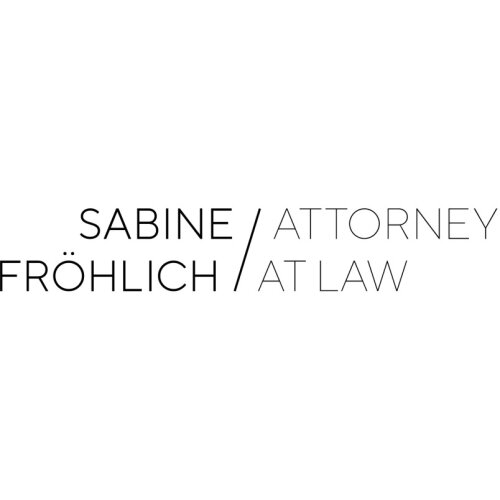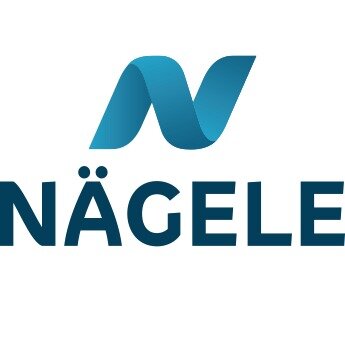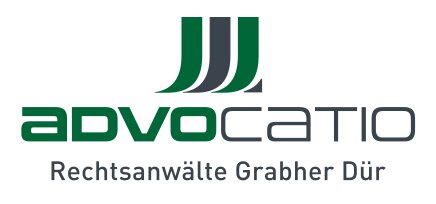Best Project Finance Lawyers in Liechtenstein
Share your needs with us, get contacted by law firms.
Free. Takes 2 min.
Or refine your search by selecting a city:
List of the best lawyers in Liechtenstein
About Project Finance Law in Liechtenstein
Project finance in Liechtenstein refers to the legal and financial structuring of large-scale, long-term infrastructure or industrial projects. These may include energy plants, transport facilities, or large real estate developments. Project finance structures typically rely on the project's future cash flows for repayment, rather than the assets or credit of the sponsors. Liechtenstein, being a well-established financial center in Europe, offers a stable legal and regulatory environment, making it an attractive jurisdiction for both domestic and international project finance transactions.
Why You May Need a Lawyer
Engaging in project finance in Liechtenstein involves numerous legal complexities that often require professional guidance. You may need a lawyer if you are:
- Setting up a new infrastructure or development project that requires significant funding
- Negotiating or drafting loan agreements, security documents, or contracts between multiple parties
- Structuring a finance deal involving public-private partnerships or international investors
- Navigating regulatory approvals, permits, and licenses associated with the project
- Dealing with risk allocation, dispute resolution clauses, or issues of insolvency and restructuring
- Ensuring compliance with anti-money laundering, tax, and other financial regulations
- Seeking advice on cross-border financing and related legal matters
A lawyer knowledgeable in Liechtenstein’s project finance landscape can help ensure your interests are protected, agreements are enforceable, and local requirements are met.
Local Laws Overview
Key aspects of local laws influencing project finance in Liechtenstein include:
- Corporate Structures: Liechtenstein offers flexible legal entities such as stock companies (AG), limited liability companies (GmbH), and foundations, all of which can be used as project vehicles.
- Secured Transactions: Security interests can be created over various types of assets, including movable and immovable property, shares, and receivables, with straightforward registration procedures.
- Banking and Licensing: All financial activities and fundraising must comply with regulations overseen by the Financial Market Authority (FMA) Liechtenstein.
- Taxation: Liechtenstein applies a competitive corporate tax regime, but careful planning is required for cross-border transactions to mitigate withholding taxes and ensure compliance with anti-avoidance rules.
- Contract Law: Liechtenstein’s contract law is influenced by both Swiss and Austrian law, offering high legal certainty and enforceability of agreements.
- Public Procurement: For projects involving government or municipalities, specific procurement laws and transparency requirements must be observed.
Understanding these and related regulations is critical to the success of any project finance transaction in Liechtenstein.
Frequently Asked Questions
What is project finance and how does it differ from traditional corporate finance?
Project finance involves funding a specific project where repayment relies primarily on the project's own cash flow, with limited or no recourse to the sponsors. Unlike traditional corporate finance, it typically isolates the project from the sponsors' balance sheets.
Is Liechtenstein a suitable jurisdiction for international project finance deals?
Yes, Liechtenstein’s stable political environment, robust legal system, and tax-efficient structures make it an ideal location for international and cross-border project finance activities.
What types of security can be granted in project finance transactions in Liechtenstein?
Security can be taken over assets such as land, equipment, receivables, shares, and bank accounts, and is governed by clear and dependable legal procedures.
Are there restrictions on foreign investors in project finance projects?
Liechtenstein generally welcomes foreign investment. However, certain sectors may require prior approval or adherence to regulatory requirements, especially in sensitive industries.
How long does it take to establish a project company in Liechtenstein?
The establishment of a project company is typically fast, taking just a few days to a few weeks, subject to due diligence and regulatory clearance.
What is the role of the Financial Market Authority (FMA) in project finance?
The FMA oversees licensing, supervision of financial institutions, anti-money laundering compliance, and ensures adherence to financial regulations relevant to project finance.
How are disputes in project finance deals typically resolved?
Disputes may be settled by negotiation, mediation, arbitration, or before the local courts, depending on contractual agreements.
Are public-private partnerships (PPPs) common in Liechtenstein?
While not as widespread as in larger countries, PPPs do occur in Liechtenstein, particularly for infrastructure projects. Legal frameworks support such collaborations.
What are the main risks in project finance projects and how are they managed legally?
Common risks include political, construction, operational, and market risks. These are managed through tailored contracts, insurance, and comprehensive risk allocation mechanisms.
How does Liechtenstein’s tax regime affect project finance structures?
Liechtenstein’s corporate tax rates are favorable, but tax planning is essential to address issues such as cross-border payments and withholding taxes. Specialized legal advice is recommended.
Additional Resources
If you are seeking further information or support regarding project finance in Liechtenstein, consider the following resources:
- Financial Market Authority (FMA) Liechtenstein - regulator for financial services and compliance
- Liechtenstein Chamber of Commerce and Industry - business support and legal guidance
- Liechtenstein Bankers Association - information on banking and financing options
- Local law firms specializing in project finance and business law
- Business Development Liechtenstein - governmental body supporting investment and project development
Next Steps
If you need legal assistance in project finance within Liechtenstein, consider the following steps:
- Clarify your project’s scope, financing needs, and key concerns.
- Search for local law firms or practitioners with expertise in project finance and relevant sectors.
- Prepare all necessary documents and background information related to your project.
- Schedule an initial consultation to discuss your objectives, risks, and questions.
- Evaluate legal proposals, costs, and strategies before retaining counsel.
- Stay informed throughout your project’s development with ongoing legal input to adapt to evolving requirements.
Whether you are starting a new project, partnering with investors, or navigating legal complexities, engaging a qualified project finance lawyer in Liechtenstein ensures a secure and successful outcome.
Lawzana helps you find the best lawyers and law firms in Liechtenstein through a curated and pre-screened list of qualified legal professionals. Our platform offers rankings and detailed profiles of attorneys and law firms, allowing you to compare based on practice areas, including Project Finance, experience, and client feedback.
Each profile includes a description of the firm's areas of practice, client reviews, team members and partners, year of establishment, spoken languages, office locations, contact information, social media presence, and any published articles or resources. Most firms on our platform speak English and are experienced in both local and international legal matters.
Get a quote from top-rated law firms in Liechtenstein — quickly, securely, and without unnecessary hassle.
Disclaimer:
The information provided on this page is for general informational purposes only and does not constitute legal advice. While we strive to ensure the accuracy and relevance of the content, legal information may change over time, and interpretations of the law can vary. You should always consult with a qualified legal professional for advice specific to your situation.
We disclaim all liability for actions taken or not taken based on the content of this page. If you believe any information is incorrect or outdated, please contact us, and we will review and update it where appropriate.
Browse project finance law firms by city in Liechtenstein
Refine your search by selecting a city.















